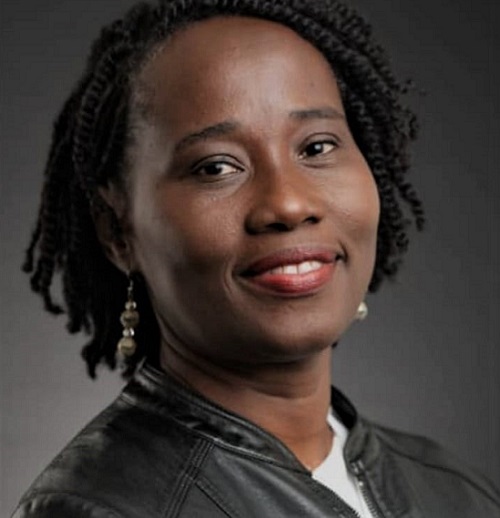It is increasingly recognised that we live in a VUCA World, characterised by Volatility, Uncertainty, Complexity and Ambiguity. The Covid-19 pandemic has shown how quickly major economic disruption can occur.
Leading economies suddenly see numerous businesses facing bankruptcy. The dislocation, coupled with the impact of new technology, will accelerate the pace of change. To prepare for the future, we need to explore opportunities and develop new approaches. In the context of Ghana, author of this article, who is the CEO of JCS Investments, is urging the government to collaborate with relevant entities to develop a plan that strengthens rural SME operations.
This will include improving the national supply chain where the rural and community banks play a key role; we should remember that the revenue generated in rural areas contributes significantly to Ghana’s GDP.
The importance of developing the rural economy in a sustainable manner has become even more evident following the impact of Covid-19. Many countries are now reviewing economic assumptions and taking steps to re-orientate their supply chains to embrace more local economic activities.
Coupled with climate change issues and the global goal of ‘carbon neutral’ economies by 2050, new sustainable supply chains become increasingly important. Ghana has a part to play in the overall process.
The ARB Apex Bank is a mini central bank that offers support services to rural and community banks. It has identified the need to create an ‘ecosystem’ for the rural banking system. This involves creating the conditions that enable them to function efficiently, including the ability to raise new funds.
The GAX is one of the platforms that can complement the capitalization of the rural banking systems. However, it is recognized that the system needs to be improved and current bottlenecks addressed. Should a rural bank list its shares, this also gives current shareholders a market that enables them to release some or all of their shares.
In this new reality, JCS Investments might be described as a BIO (boutique impact organisation). The firm has a keen interest in the rural banking sector and gathers information on rural and community banks (RCBs).
This is part of a plan to ensure the RCBs compliment other initiatives by the Apex Bank and Ministry of Finance. The aim is to address some of the bottlenecks JCS has identified. This will enable the sector move a number of the rural banks towards a listing on the Ghana Alternative Market (GAX). JCS is also working with key stakeholders to improve operations and add value. The company also works closely with farmers and processors operating in the rural economy.
Rural Banks in Ghana
Rural and community banks have demonstrated that they have a key role in supporting development and the reduction of poverty. However, significantly more work is required to develop business networks and improve supply chain capability. Over time, targeted investment in the rural economy will contribute to new skills and capability that bring significant economic benefit. Improving the national supply chain will act as a catalyst that supports economic developments in these areas. However, the capability and responsiveness of the rural banking system is central to sustainable change.
They have a key role in the geographical areas where they are located. This means that ‘triple bottom line’ (noted as TBL or 3BL) need to be at the forefront of business thinking. The challenge is to balance social, environmental (or ecological) and financial considerations.
There is scope to encourage SMEs operating in rural areas to make use of sustainable energy and efficient technology. Ms Safo argues that the policy should also support business initiatives by women in the RCB areas.
JCS has been operational as an impact investment company in Ghana and has worked and collaborated with a number of investment partners over the last 20 years. The company has gained in-depth experience relating to the operation of rural banks in Ghana. This has included investment, by way of equity in the Nwabiagya Rural Bank, and JCS has now completed a partial exit (as part of a phased process of withdrawal).
The initiatives outlined in this article also provide price transparency to shareholders, as well as to potential buyers of the shares, and listed shares may also prove to be more readily accepted as collateral, should the security holder need it.
In summary, JCS believes that RCBs can provide an additional channel to deliver essential financial services. The aim is to work with RCBs of good standing. This initiative can contribute to poverty reduction and help in bridging the gap between urban and rural areas and achieve better balanced development. This is part of a broad policy of rural economic business building. The current reality is that many are still unable to raise the much-needed capital to move their businesses forward.
The proposal is therefore to work with selected rural banks and promote listing on the GAX. This builds on a solid foundation for growth. JCS is now consulting with various key stakeholders.
Source: Patricia Safo



